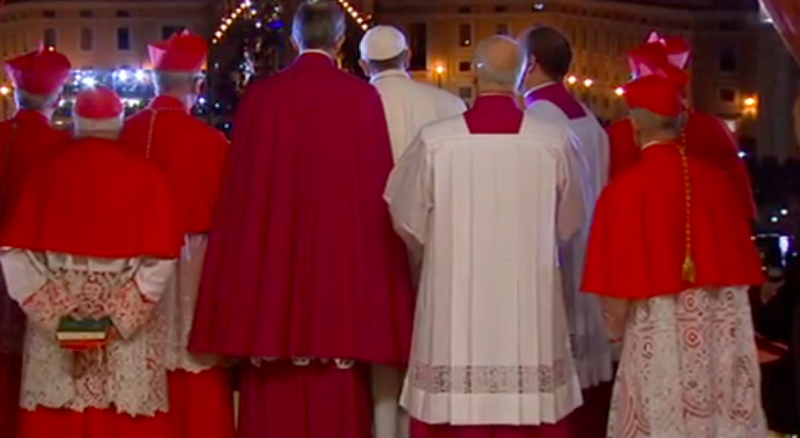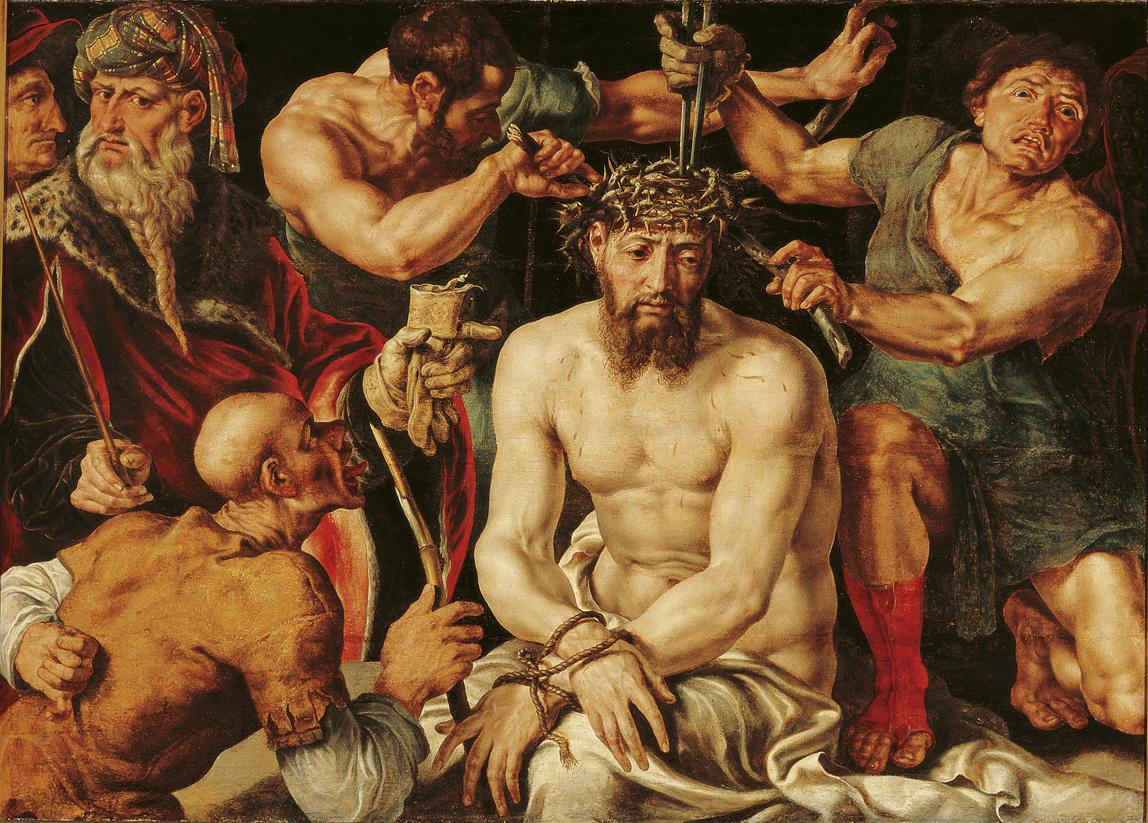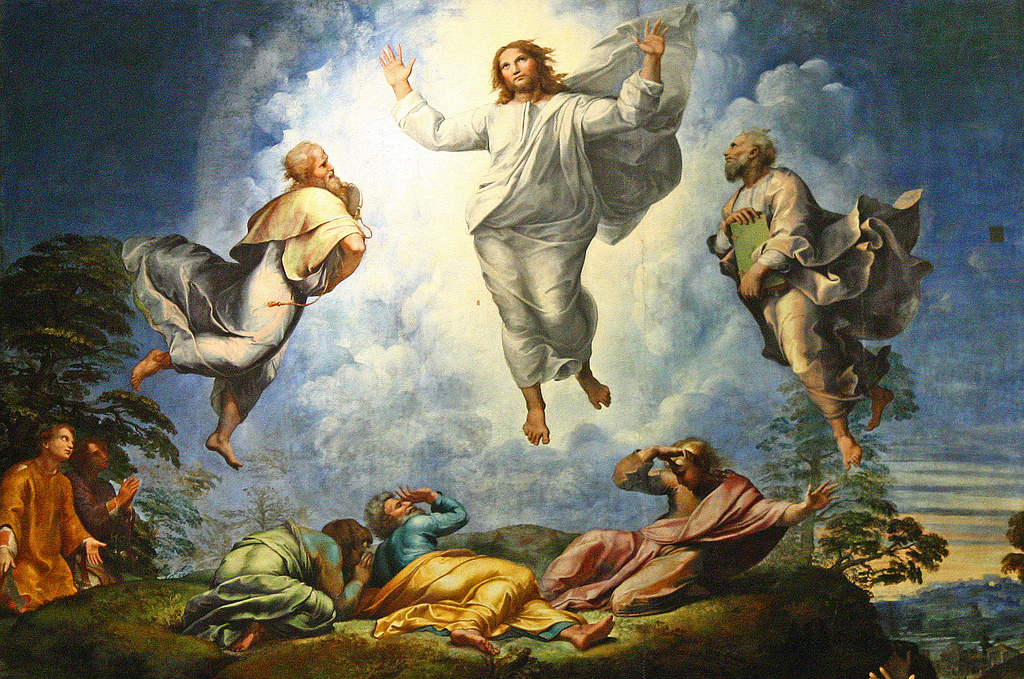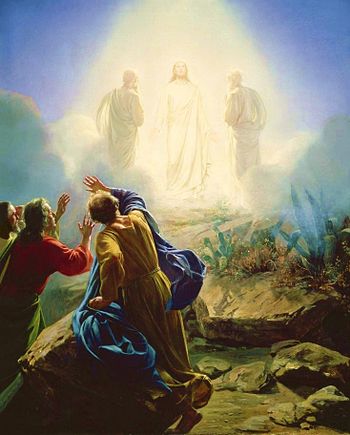When I look around my house, I see all sorts of bins filled to the top with toys and games. They belong to my boys and they’ve accumulated them over years of Christmases and birthdays. And besides the initial week or two of excitement, many of them go untouched for months. My thought is that because most of their toys are gifts, they don’t have any real emotional investment in them. But God
My little parenthood story outlines a greater insight into human behavior. We tend to value things more as we invest more in them. That could be an investment of time, money, memories, emotional energy, etc. What about our faith? Does the value of our faith increase the more time we spend in prayer? I certainly believe it does. And I’m sure those of you who pray the Rosary daily will attest to that as well. God designed faith as a process that we work on our entire lives.
Why does God choose to make our faith a multi-step process and not something more instantaneous? Why did Jesus heal certain people one at a time and not the entire world in one fell swoop? Or why do miracles come to a few and not to everyone who requests them? Like anything important, there’s value in the process. Things that are just given to us with no effort on our part aren’t as valuable as the things we work hard for.
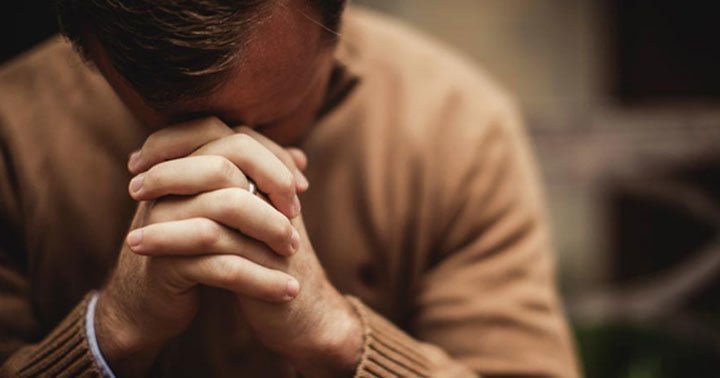
When we make an effort to develop our faith, it becomes more valuable. Jesus didn’t come into this world to just give away faith. He knew that people wouldn’t value it if He did. Instead, He showed the benefits that came from having a deeper faith almost as a way of encouraging people to work harder at it. Remember, God gave us free will to choose whether to follow Him or not. But that’s not a binary decision. We also have the freedom to choose how much effort we want to put into our relationship with God. Hopefully, through Jesus’ teachings and example, we know that it’s important to invest in our faith development because it’s worth it.
In his article, No Soul is Too Far Gone, Francis
There is tremendous power in perseverant prayer. God is not like us; he is not bothered by his children asking for the same thing over and over. He is pleased by the faith demonstrated when we pray and pray for someone to be saved.
When we understand the consequences of rejecting Christ, and we are filled with love for another human being, persistent prayer should be the natural response. To this day, I still have questions about how the decreed will of God meshes with the effectiveness of my persistent prayers. For now, I’m more than content to obey and pray. Though I’m still uncertain how it works, I have seen it work. Meditate with me on Luke 18, trust the words of Christ, and then pray with sincerity and expectation.
Looking at the Rosary, I think about the Fourth Joyful Mystery — The Presentation in the Temple. I think of Saint Simeon, a pious man whom the Holy Spirit promised would see the Messiah before his death. And while it doesn’t say how long he waited, I always picture it being many years. In that time he must have prayed regularly building up his faith in God’s promise. How much stronger was Saint Simeon from a lifetime of devout prayer than if God had immediately fulfilled His promise?
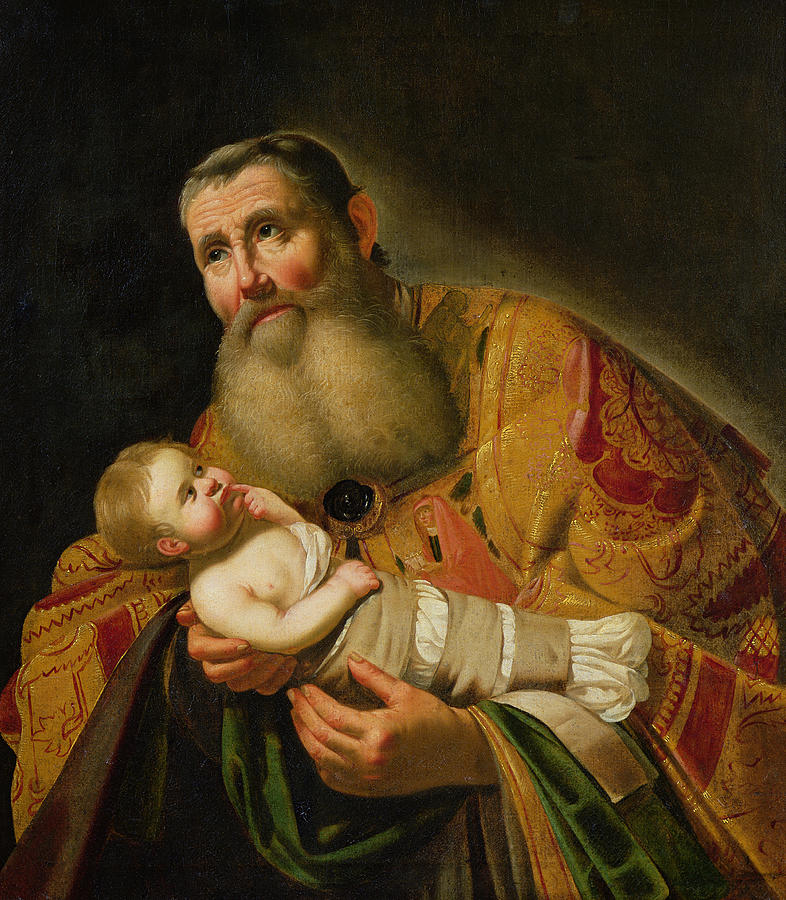
In the eyes of God, even the oldest and wisest are like infants. We must seem like babies whenever God hears us complain about why He’s not answering our prayers. What we do not see or understand is that He does hear us and answers our prayers. But it’s according to His plan, not ours. It’s by His timeline, not ours. We must understand that we often need time to grow and mature in our faith. And when we put in that time and effort, we see that God answers our prayers in a manner far better than if we would have received it immediately.

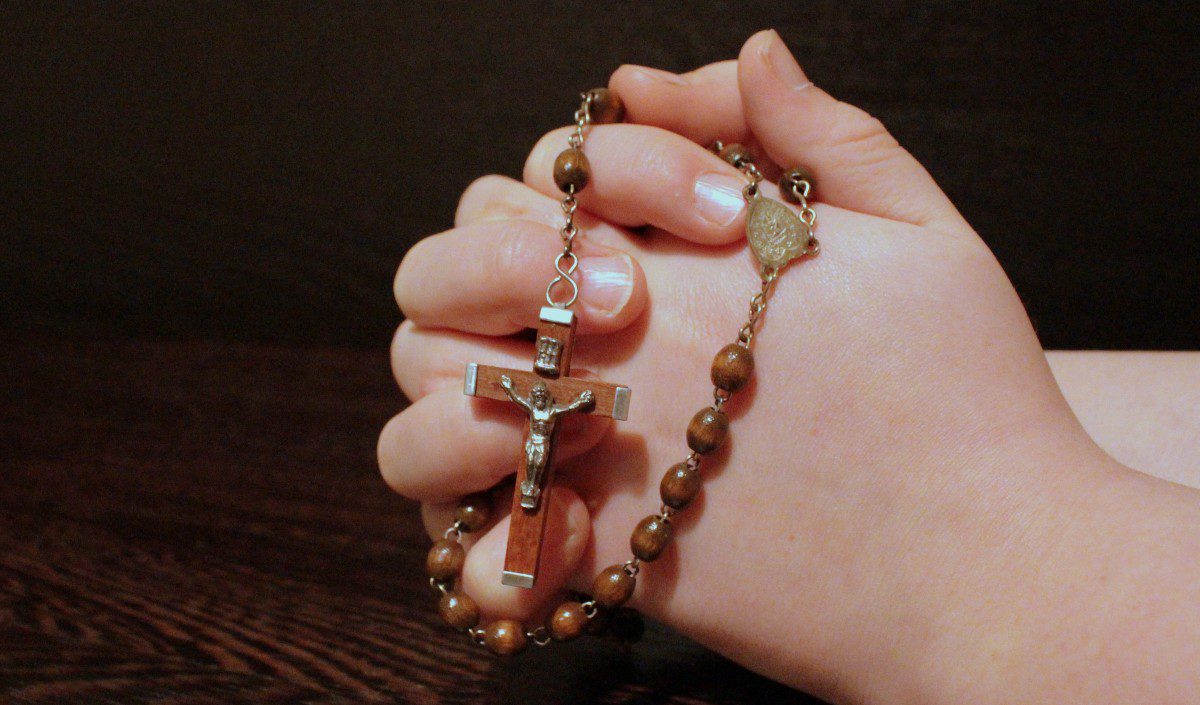
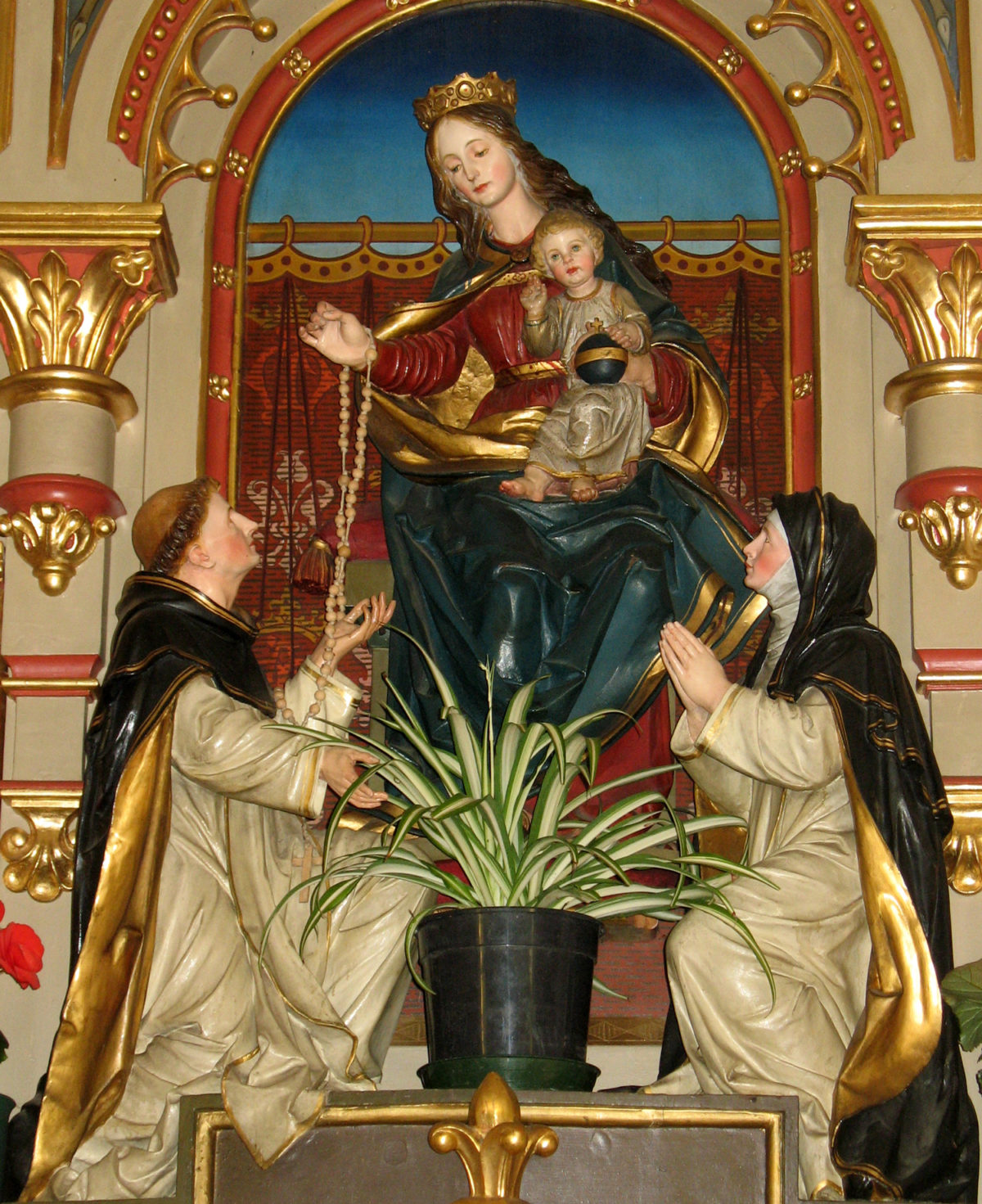

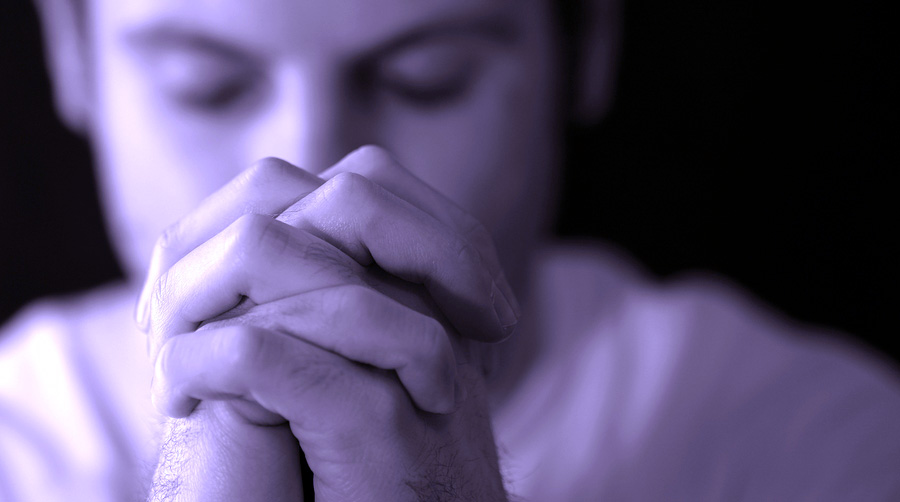
 Lastly, I recently finished reading a
Lastly, I recently finished reading a 


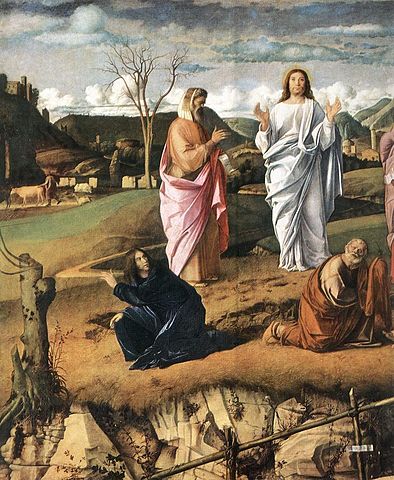
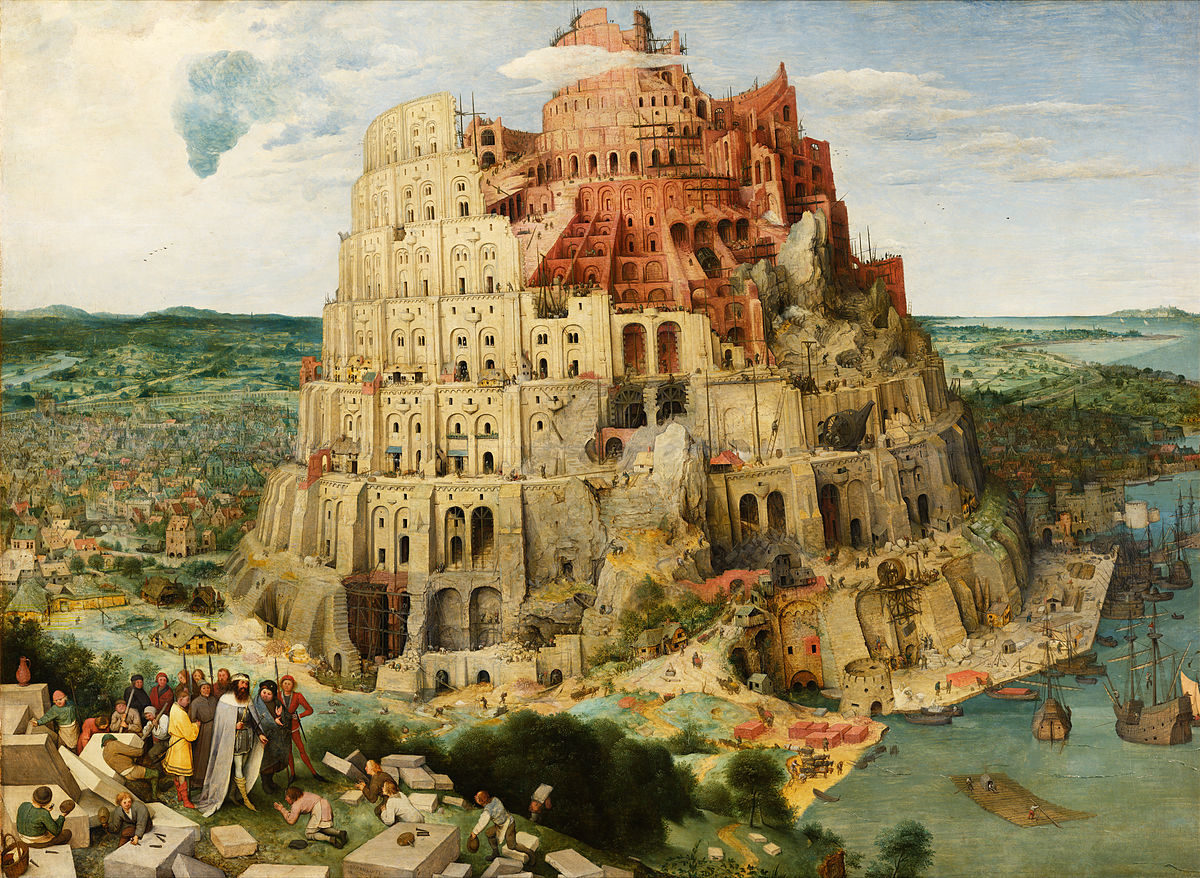

 Humility also shows itself in the
Humility also shows itself in the 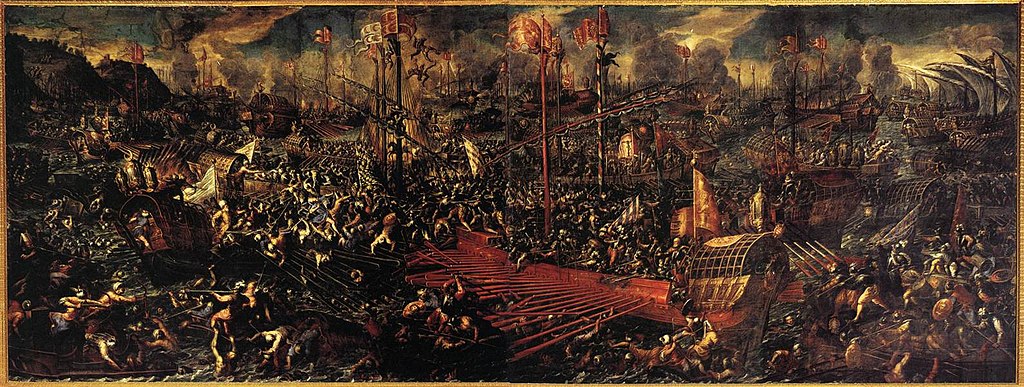
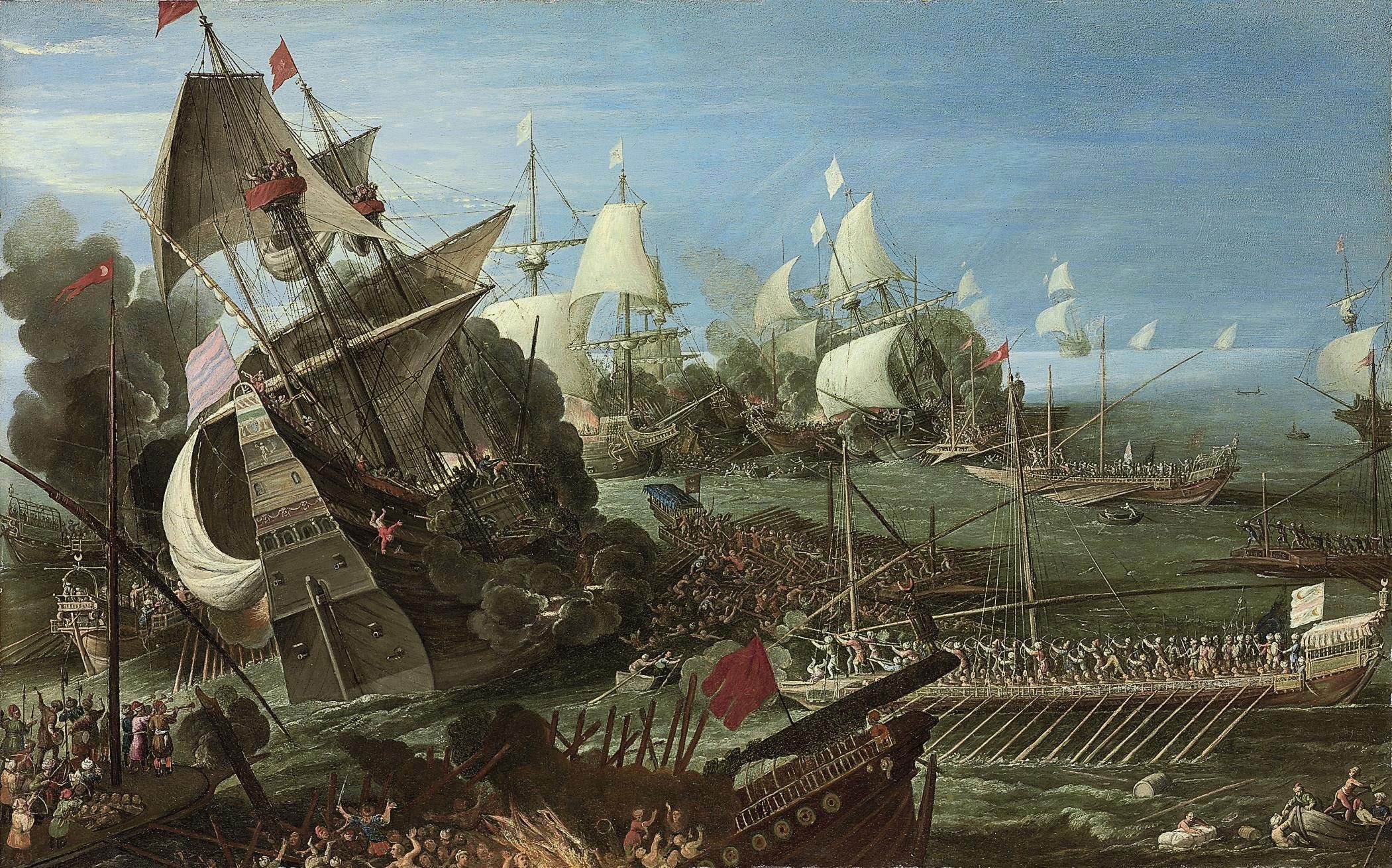

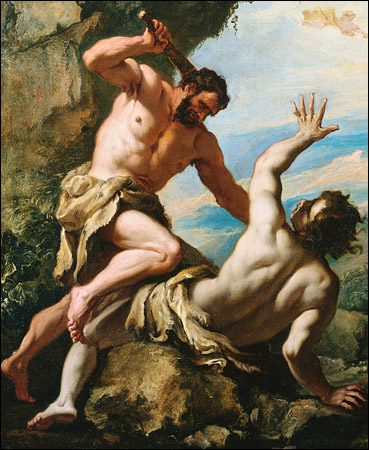
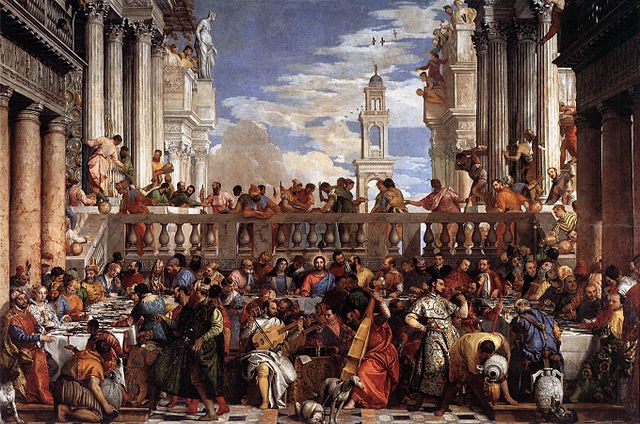 Of course, feeling envious is the wrong way to look at God’s blessings and miracles. To start, someone receiving a miracle or blessing doesn’t take any blessings away from you. God’s grace is not a zero-sum game where someone receiving grace deprives someone else of his. God has infinite power and hence, can dole out infinite grace. When others encounter miracles, Father Broom says we should thank God for all the blessings and miracles He performs in our lives. Yes, we may not have the cushy job, a huge bank account, a nice car, or a great phone. But we are alive and able to praise God by living the day as virtuously as possible. God gives us the miracle of a new day of infinite possibility. Don’t squander it by being envious of others.
Let’s also look at the
Of course, feeling envious is the wrong way to look at God’s blessings and miracles. To start, someone receiving a miracle or blessing doesn’t take any blessings away from you. God’s grace is not a zero-sum game where someone receiving grace deprives someone else of his. God has infinite power and hence, can dole out infinite grace. When others encounter miracles, Father Broom says we should thank God for all the blessings and miracles He performs in our lives. Yes, we may not have the cushy job, a huge bank account, a nice car, or a great phone. But we are alive and able to praise God by living the day as virtuously as possible. God gives us the miracle of a new day of infinite possibility. Don’t squander it by being envious of others.
Let’s also look at the 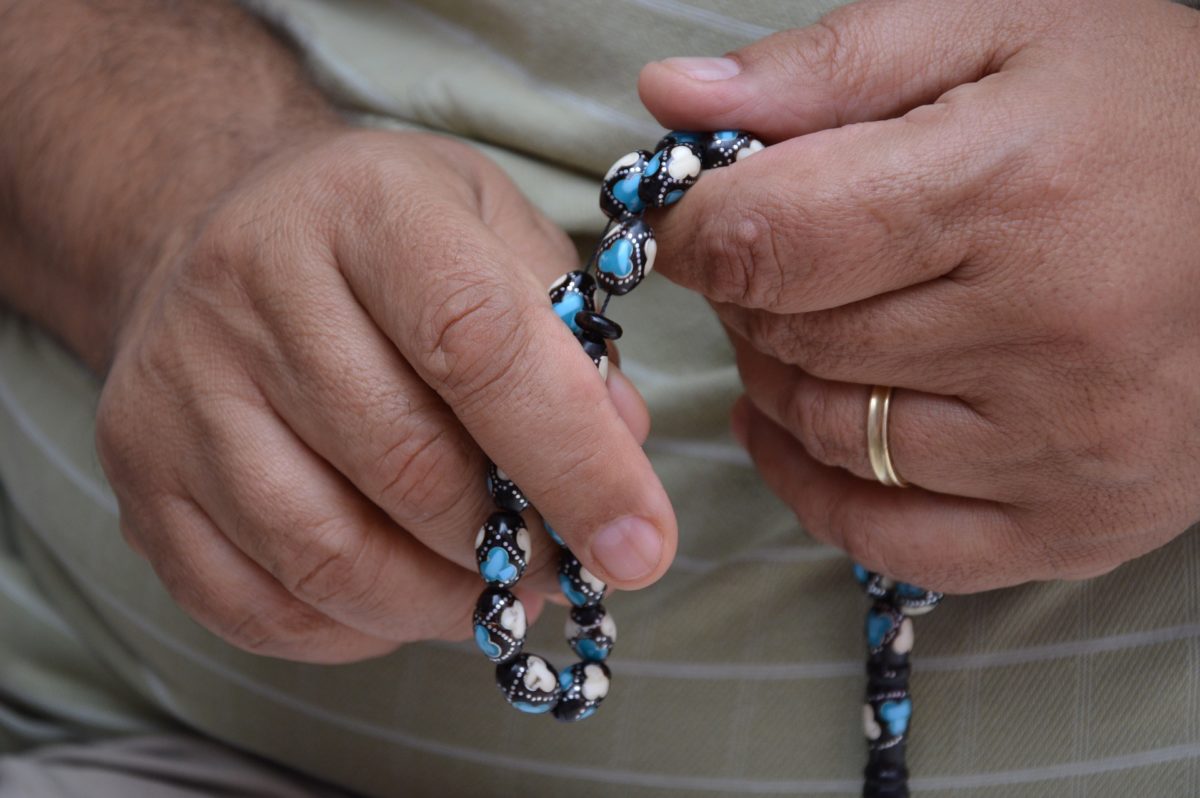
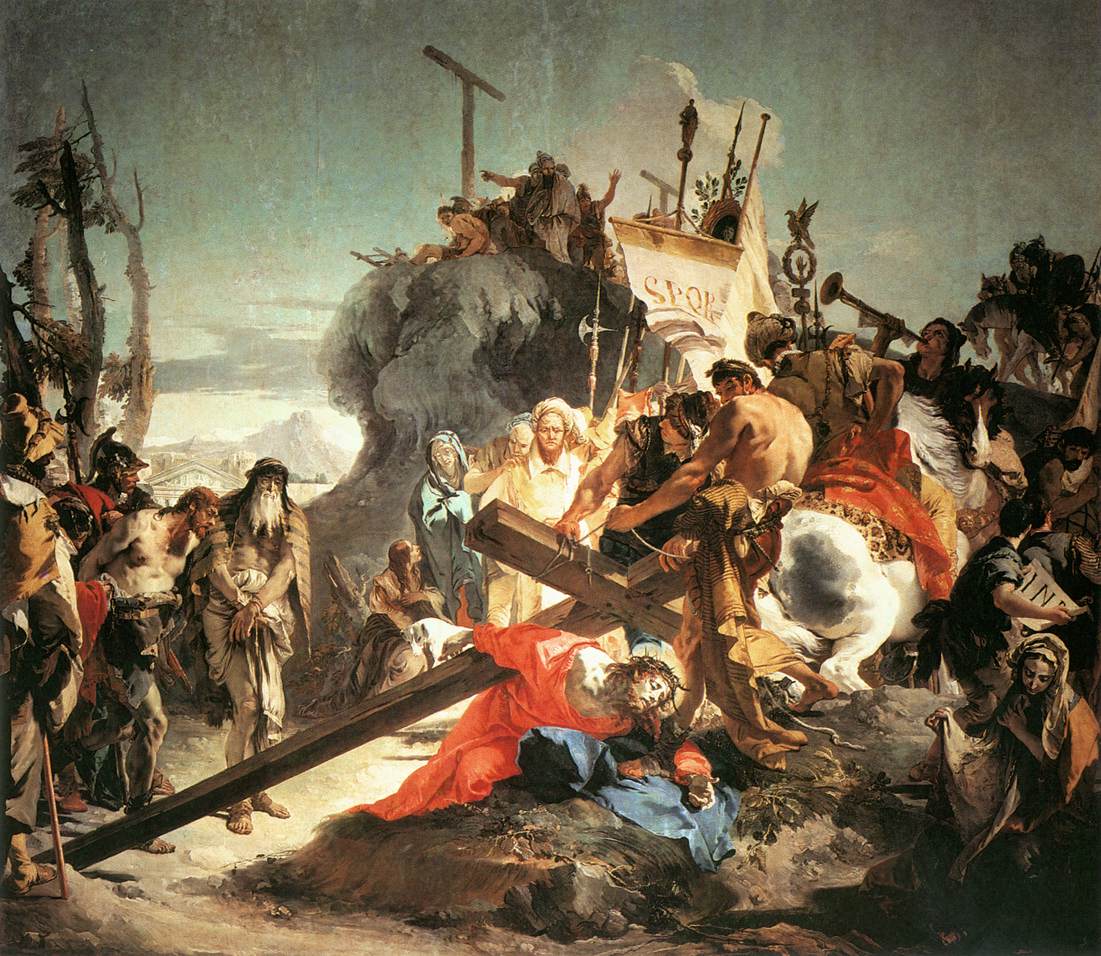 And so we too, are called to keep going and live our Catholic faith. It will be difficult at times when we hear about what is happening inside the Vatican. But, like I said in
And so we too, are called to keep going and live our Catholic faith. It will be difficult at times when we hear about what is happening inside the Vatican. But, like I said in 